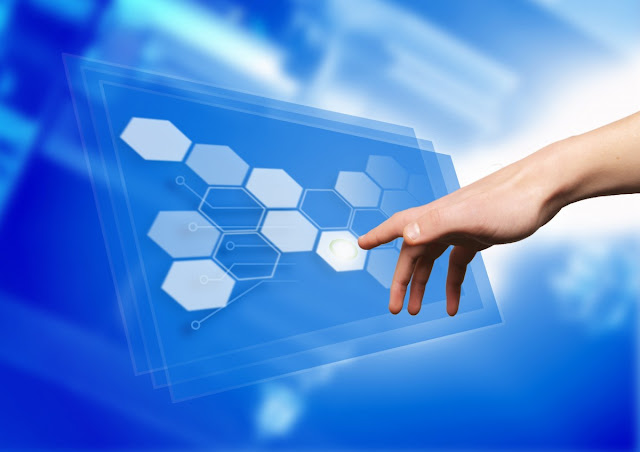Digital skills are abilities related to using and applying digital technologies effectively to solve problems, communicate and create. Such skills are becoming increasingly important in the modern world, where the use of technology is ubiquitous in our personal and professional lives. Many tasks and activities are conducted online, and effective completion of these includes the effective use of a variety of technologies including software, hardware and networks.

|
|
Image from PxHere |
UNESCO define digital skills succinctly as "a range of abilities to use digital devices, communication applications, and networks to access and manage information." For educators in the Heritage sector the development of personal digital skills is especially relevant as their work bridges the gap between work being undertaken to preserve cultural heritage in a digital age, and schools, organisations, families and individuals who are increasingly exploring new ways of experiencing both cultural and educational opportunities.
Basic digital skills involve using devices like laptops or computers, mobile phones or tablets to be able to complete simple personal or work tasks such as communicating using email or instant messaging, finding information on the internet, and knowing some of the best practices for keeping yourself (and others) safe online, including when using shopping or banking services online.
Beyond the basic digital skills required in all modern work environments, digital tools and technologies are increasingly being used to document and archive cultural heritage artifacts and sites. This includes devices such as scanners and cameras to capture not only high-quality images of documents but also physical objects and even sites. These may be in the form of two-dimensional photographs, videos, or even 3D imagery. Once captured and appropriately stored, these can be used in an enormous number of ways. For example, scanned documents may be subject to optical character recognition (OCR) which means that they can then be digitally searched or analysed much more efficiently and in more depth than can realistically be achieved with the original collections. Such digitisation initiatives not only aid the preservation of documents, objects and sites by reducing physical wear-and-tear, but also provide the potential for broader and deeper interaction with them and their associated stories by, for example, enabling people to study them who would not otherwise be able to do so due to any number of factors such as distance or site accessibility, etc.
This implies another important digital skill for educators in the heritage sector: the ability to envisage and then create and curate digital exhibits and collections. With digital tools and platforms, educators can create engaging and interactive exhibits that showcase cultural heritage artifacts and sites. These exhibits can be accessed online, making it possible for people from all over the world to learn about and engage with cultural heritage in new and exciting ways.
This relates to outreach and engagement, which are important aspects of a heritage educator's work. In the digital realm these may involve the use of social media platforms and email marketing in order to get the word out about your learning offer; video conferencing software and other messaging tools to deliver online or hybrid activities & events; and other tools and platforms for developing and hosting asynchronous learning opportunities and other educational materials.
Next Steps:
- One of the big problems with developing any skills is working out what you don't know you don't know. A good place to start is by undertaking a personal digital skills audit. There are online tools that can help you with this, such as the Online Self-Assessment Tool[2] from the Digital Skills accelerator website.
- The Digital Skills Glossary lists a number of digital skills and tools so have a browse, click on links and post titles that either seem interesting or mention something you're not sure about.
-
New entries are being added to the Glossary all the time, so why not
subscribe by email and get notified whenever something new is posted:
- Once you've identified some skills you need to work on you may like to search for some e-learning courses to help you develop them. If you come across any terms you're not sure about you can always come back to the Digital Skills Glossary and look them up. If there's anything missing please get in touch and let me know what needs to be added.
Further reading:
- From the Glossary: Asynchronous Learning |
- Elsewhere online: Alison (free online courses on a variety of topics) | Online Self Assessment Tool |
Comments
Post a Comment